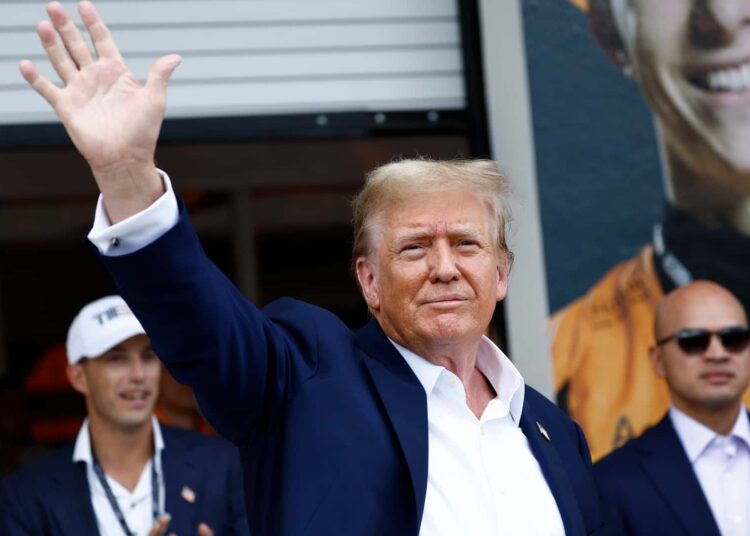US President Donald Trump announced yesterday that he intends to levy an approximately 25 percent tariff on car imports. The tax could add thousands of dollars to the price of new vehicles when consumers are clamoring for more affordable options. Last week, Trump said he could enact the tariffs as soon as April 2.
Trump has made tariffs a central part of his administration’s economic plan. In the month since his inauguration, he has already imposed (and then paused) a 25-percent tariff on Mexico and Canada, levied a 10-percent tax on all Chinese imports, and announced a 25-percent duty on all imported steel and aluminum.
Last week, Trump instructed his Secretary of Commerce and the U.S. Trade Representative to investigate how the US could impose reciprocal tariffs against other countries.
According to Reuters, the European Union has a 10-percent tax on imported vehicles, while the US imposes a 2.5 percent tariff. However, the publication notes that the chicken tax adds a 25-percent duty on imported trucks from outside North America, greatly benefiting domestic automakers.
According to a recent S&P Global Mobility report that analyzed Trump’s 25-percent tariff against Mexico and Canada, nearly half of all new cars sold in the United States are imported. It found that that price of a $25,000 car imported from either country would increase by $6,250. The tariff could also increase the price of specific components.
The newly proposed tariff, which includes pharmaceuticals and semiconductors, would affect all vehicle imports into the country, including those from South Korea, Japan, the European Union, and elsewhere. The threats are forcing automakers to adapt. A report late last month alleged Porsche and Audi were already considering expanding production in the United States.
Trump’s proposals have faced industry pushback. After the President imposed and then paused tariffs against Canada and Mexico, Ford CEO Jim Farley said during the automaker’s Q4 2024 financial conference call that such a tax would wipe out “billions of dollars of industry profit” and result in “higher prices for customers.”
Farley raised his concerns with the administration last Wednesday, the day after he said at a conference that a 25-percent tariff against Canada and Mexico would “blow a hole in the US industry that we have never seen.” According to The New York Times, he said it could cause “a lot of costs and a lot of chaos.”
Read the full article here


























Discussion about this post